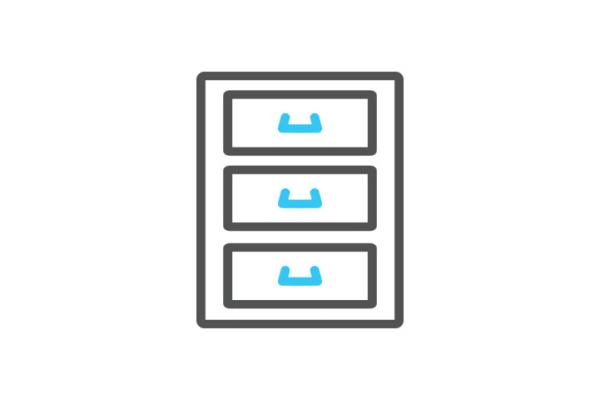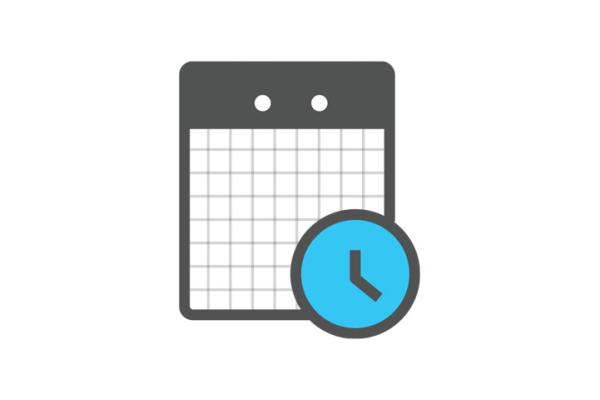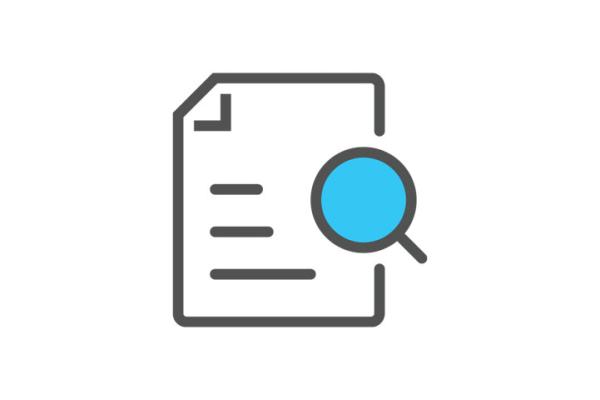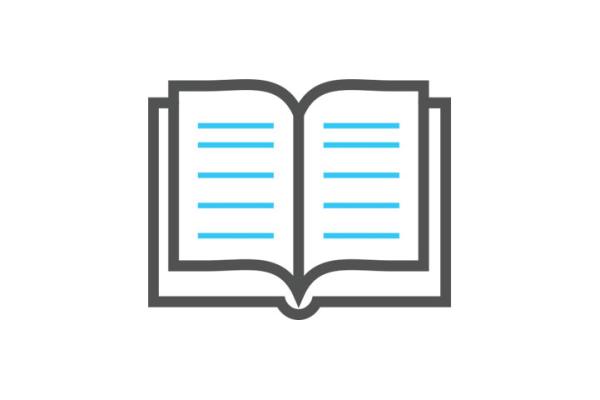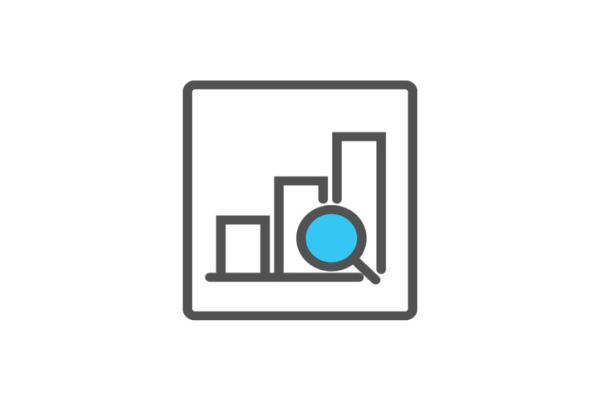The European Commission is committed to fostering global collaboration and cooperation in digital health. The Commission works with international partners whose goals include:
- developing digital health solutions
- improving health outcomes
- building on EU-developed solutions and standards
Such standards include the European Electronic Health Record Exchange Format (EEHRxF), to ease health data exchange between different countries.
Global Digital Health Certification Network
Imagine travelling to another country and being able to:
- easily access your health records
- share information with doctors and nurses to obtain a diagnosis or treatment
- show proof that you've received the necessary vaccinations as a requisite for entering the country, starting a new job or enrolling into a new school.
The Global Digital Health Certification Network makes this possible.
What is the Global Digital Health Certification Network?
A technology that allows countries to share and verify digital health certificates (e.g. vaccination certificates). With over 80 countries connected, this network makes travelling, working, and obtaining medical care abroad easier.
Protecting privacy
The Global Digital Health Certification Network protects privacy. It uses advanced technology that follows EU standards to keep personal information safe and secure:
- personal information remains on your device and is not shared across the network
- only those keys certifying that a trusted partner has issued the document are shared
- data is protected from unauthorised access.
How did this network start?
During the COVID-19 pandemic, the European Union created a system called the EU Digital COVID Certificate Gateway. This system helped verify COVID-19 vaccine certificates and allowed people to travel safely within the EU. The system was active until December 31, 2023.
What happened next?
To continue verifying COVID-19 certificates and prepare for future health crises, the European Commission (EC) partnered with the World Health Organization (WHO) to create the Global Digital Health Certification Network. This network uses the same technical framework as the EU Digital COVID Certificate Gateway and expands its use to include other types of health certifications.
What does the network do?
Currently the network enables trust in the verification of COVID-19 certificates, including those issued before the creation of the network. However, other use cases are being developed to share and verify three important types of health information:
- The Digital International Certificate of Vaccination or Prophylaxis (Yellow Booklet) is the digital version of the “yellow booklet”, the official document that travellers can use to proof vaccination for diseases included under the International Health Regulation. The yellow booklet is recognised internationally and includes records of vaccinations such as yellow fever and polio, which some countries require to entry. In the summer of 2024, WHO member states agreed to amend the International Health Regulation, allowing travellers to use the digital version instead of the paper one.
- The Digital European Vaccination Card is the digital version of the vaccination card that lists vaccination records in a common European standard. The digital European Vaccination Card will be available for all citizens and will be particularly useful for those who need to prove vaccination records, for instance healthcare workers, research scientists, military, boat crew or school pupils. Established through a 2018 Council Recommendation, its goal is to strengthen cooperation against vaccine-preventable diseases.
- The International Patient Summary (IPS): is a summary of the medical history that can be shared with healthcare professionals to ensure the best care when travelling. Further research will explore the possibility of creating a network that allows sharing International Patient Summaries globally.
Why is this network important?
The Global Digital Health Certification Network helps:
- keep people safe and healthy when they travel
- make it easier to get medical care in other countries
- help countries work together to prevent the spread of diseases
- support economic growth and trade between countries
- prepare for future health crises and outbreaks.
What's next?
As the network grows:
- more countries joining the network
- new ways for people to use the network to improve their health
- better cooperation between countries to keep people safe and healthy.
Partnership with WHO Europe to strengthen health information systems, data governance and interoperability in Europe
In September 2023, WHO Europe and the European Commission established a project to strengthen health information systems and boost health data governance and interoperability in the WHO European Region.
The €12 million project, funded by the European Commission, supports healthcare services for the nearly 1 billion people living across the 53 countries in the Region. This 4-year project aims to improve:
- use and reuse of health data by healthcare providers, policy-makers and patients
- quality and interoperability of health information systems.
To achieve these purposes, WHO/Europe and the European Commission will develop and deliver capacity-building activities and assistance to address gaps, needs and areas of expertise within supported countries’ health information systems and health data governance and capabilities to expand successful practices at country or regional levels.
The project:
- promotes cooperation between participating countries, the European Commission, WHO/Europe, and external stakeholders
- establishes the Health Information Network (HIN) of countries engaged in collaborative decision-making, meaningful dialogue, and knowledge exchange
- is driven by the principles and ideas proposed in the European Health Data Space (EHDS) framework, which aims to enhance the use and reuse of health data across the EU.
Link to EU Global Health Strategy
In 2022, the Commission adopted a new EU Global Health Strategy to improve global health security and deliver better health for all in a changing world. One of the guiding principles of the EU Global Health Strategy is to foster digitalisation as a fundamental enabler to fairly shape the ongoing digital transformation.
The EU is leading the way in regulating health data, digital certificates, cloud data sharing, data protection and privacy. Building on this groundwork, the EU will leverage the potential of health data worldwide in line with the European Health Data Space principles.
The EU will promote new technologies, including AI, to boost their potential to improve diagnosis and treatments worldwide.
Actions such as the Global Digital Health Certification Network (GDHCN) and the Partnership with WHO Europe to strengthen health information systems, data governance and interoperability in Europe are actively contributing towards implementing the EU Global Digital Health Strategy.

